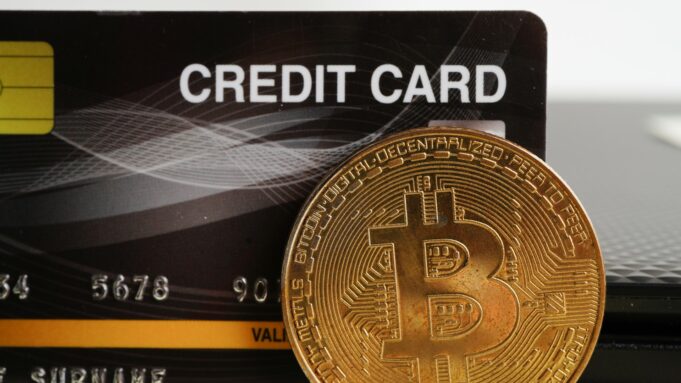Bitcoin mining is the process by which new bitcoins are generated and transactions are verified on the blockchain network. The blockchain is the underlying technology that powers the bitcoin network, and it is a decentralized, digital ledger that records all bitcoin transactions. The mining process is essential to the bitcoin network, as it ensures that the blockchain is secure and trustworthy.
In this article, we will explore how bitcoin mining works on the blockchain network, and the role it plays in maintaining the integrity of the bitcoin network.
What is Bitcoin Mining?
Bitcoin mining is the process by which new bitcoins are generated, and transactions are verified on the blockchain network. This process involves solving complex mathematical equations using powerful computers, which are called bitcoin miners. The miners are rewarded with new bitcoins for successfully solving the equations and verifying transactions on the blockchain.
The blockchain is a decentralized, digital ledger that records all bitcoin transactions. It is maintained by a network of computers that work together to verify transactions and add new blocks to the blockchain. Each block contains a set of transactions, and once a block is added to the blockchain, it cannot be altered.
How Does Bitcoin Mining Work?
The bitcoin mining process involves solving complex mathematical equations using powerful computers. These equations are called hashes, and they are designed to be difficult to solve. The miners compete with each other to solve the hashes, and the first miner to solve the equation is rewarded with new bitcoins.
The process of mining involves several steps. First, the miners collect transactions from the bitcoin network and add them to a block. The miners then use their computers to solve the complex mathematical equation, which involves hashing the transaction data with a random number.
The miners must guess the correct random number to solve the equation. This process is called proof of work, and it is designed to be difficult, requiring a lot of computing power to solve.
Once a miner solves the equation, they broadcast it to the network, and other miners verify the solution. If the solution is correct, the block is added to the blockchain, and the miner is rewarded with new bitcoins. The miner also receives transaction fees for verifying transactions on the block.
Role of Mining in the Bitcoin Network
The mining process is essential to the bitcoin network, as it ensures that the blockchain is secure and trustworthy. The miners work together to verify transactions and add new blocks to the blockchain, which ensures that the ledger is accurate and up-to-date.
The mining process also helps to prevent fraud and double-spending on the bitcoin network. Double-spending occurs when a user tries to spend the same bitcoin twice. The mining process ensures that each bitcoin can only be spent once, as the blockchain records each transaction and ensures that it is valid.
The mining process also helps to regulate the supply of bitcoin. The bitcoin network is designed to produce a limited number of bitcoins, with a total supply of 21 million. The mining process ensures that new bitcoins are added to the network at a steady rate, which helps to prevent inflation and ensure the stability of the bitcoin market.
Challenges in Bitcoin Mining
While bitcoin mining is an essential process for the bitcoin network, it is not without its challenges. One of the main challenges is the high cost of mining. The mining process requires a lot of computing power, which can be expensive to maintain. As the difficulty of the mining process increases, the cost of mining also increases, which can make it difficult for individual miners to compete.
Another challenge is the environmental impact of mining. The mining process requires a lot of energy, which can have a negative impact on the environment. Some miners have begun to use renewable energy sources, such as solar and wind power, to reduce their carbon footprint.
Conclusion
Bitcoin mining is the process by which new bitcoins are generated, and transactions are verified on the blockchain network. The mining process involves solving complex mathematical equations using powerful computers, which are rewarded with new bitcoins for successfully solving the equations and verifying transactions on the blockchain.
The mining process is essential to the bitcoin network, as it ensures that the blockchain is secure and trustworthy. The miners work together to verify transactions and add new blocks to the blockchain, which ensures that the ledger is accurate and up-to-date.
While bitcoin mining is an essential process for the bitcoin network, it is not without its challenges. The high cost of mining and the environmental impact of mining are just a few of the challenges that miners face. However, as the popularity of bitcoin continues to grow, it is likely that new solutions will emerge to address these challenges and ensure the continued success of the bitcoin network.

























